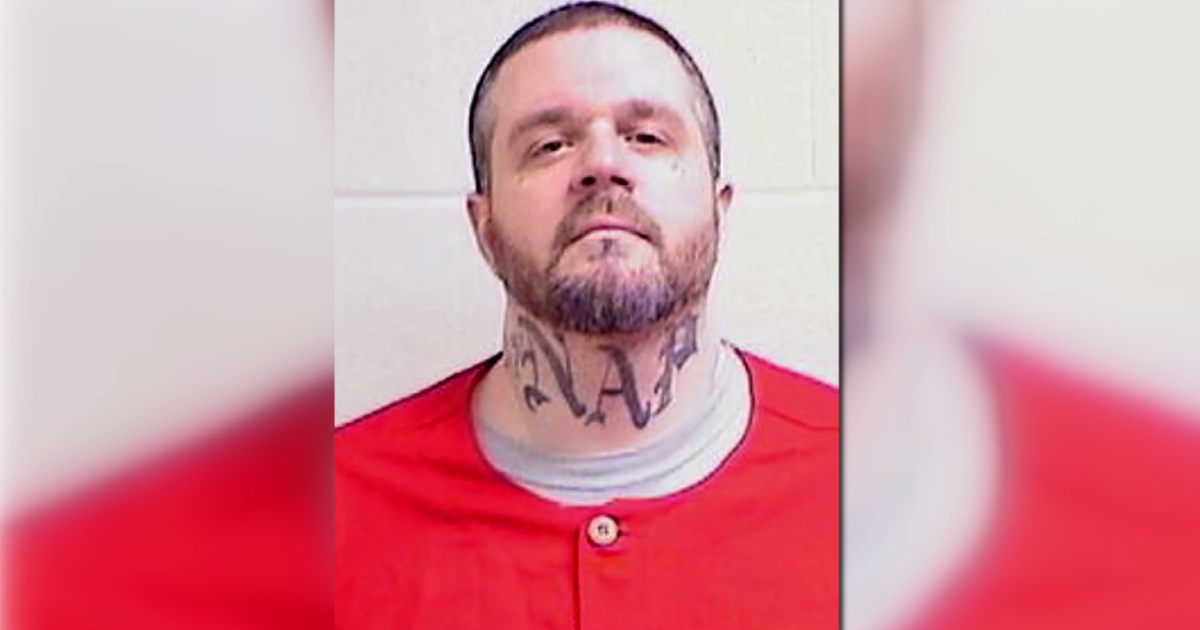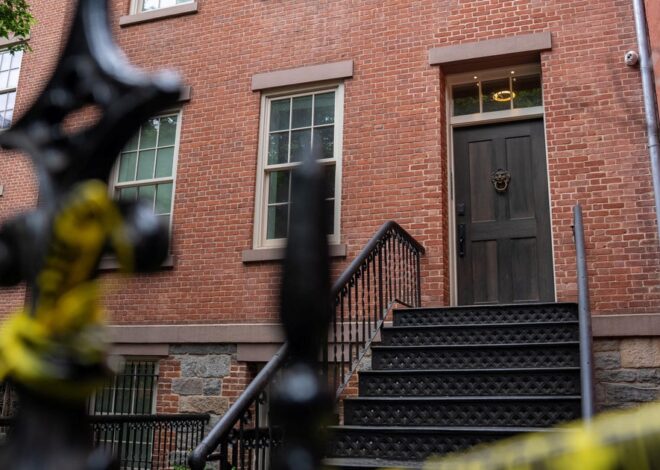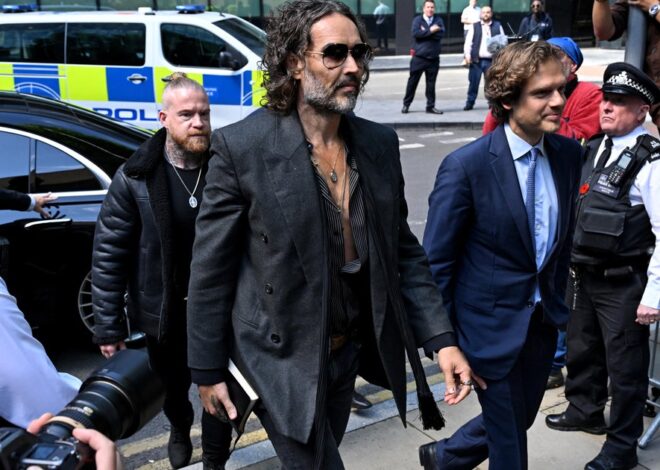
Indiana Executes Man for Officer’s Murder in Only Second Execution in 15 Years
Execution in Indiana: A Day of Reckoning
It felt like any other morning, perhaps a bit quieter than usual. Maybe it was the anticipation in the air. As I sipped my coffee, news of an execution filtered through-a stark reminder of justice or retribution, depending on one’s perspective. The state of Indiana, known for its history and traditions, carried out its second execution since 2009. This act marked the end for Benjamin Ritchie, a man who had spent over two decades on death row for the killing of Officer Bill Toney.
Ritchie, 45, faced his fate at the Indiana State Prison in Michigan City. According to officials from the Indiana Department of Correction, the execution process began shortly after midnight and was finalized at 12:46 a.m. The solemnity of the event echoed through the corridors as if time itself paused to witness.
Earlier this month, Ritchie had expressed regret to a parole board, reflecting on his actions that led to the tragic loss of a 31-year-old father and husband. “I’ve ruined my life and other people’s lives,” he admitted. “If I could go back and just shake that kid…” These words seemed to linger, a haunting echo of past decisions.
The return to executions in Indiana followed a hiatus brought on by shortages of lethal injection drugs-a dilemma faced by many states. In 2017, controversy struck when the Indiana Court of Appeals voided a new execution protocol due to procedural violations by the Department of Corrections. The criticism over secretive practices remains palpable.
As Tuesday’s execution approached, I recalled how Officer Toney’s death had impacted his community-a small town where everyone knew everyone else. Deputy Police Chief Tom Hurrle once said, “Everyone involved had something stolen that they’ll never get back.” Those words resonated deeply with me-so familiar yet distant.
Ritchie’s legal team argued his case fervently, citing childhood issues like fetal alcohol spectrum disorders and lead exposure as mitigating factors. They contended that these had left him with “severe brain damage.” Despite their efforts, Governor Mike Braun rejected Ritchie’s clemency bid last week.
The scene at Beech Grove during Ritchie’s crime was chaotic-a van theft spiraled into a foot chase and fatal shooting. At just 20 years old, Ritchie was already entangled in the system, on probation for burglary. Yet today, his attorneys assert he’s transformed-more reflective, remorseful even.
Among those advocating for clemency were disability rights advocates who argue that Ritchie’s brain damage should exclude him from capital punishment. Dr. Megan Carter noted that his “capacity to fully appreciate the wrongfulness” was impaired at the time.
As I pondered these complexities, a thought kept nagging at me-how change is often possible but not always enough to alter outcomes. Ritchie himself acknowledged past mistakes, particularly an incident in court where he laughed during sentencing-a moment he now regrets deeply.
“I wish I could go back,” he confessed to the parole board recently. His last days were spent with family and friends under state law provisions allowing five witnesses at executions. Those final hours must have been bittersweet-a farewell mingled with reflection and unspoken apologies.
For those interested in further details about this case or similar proceedings across the United States, check out this resource from Death Penalty Information Center. It offers insights into capital punishment practices and ongoing debates nationwide.
And so another chapter closes-not just for Benjamin Ritchie but also for Officer Toney



